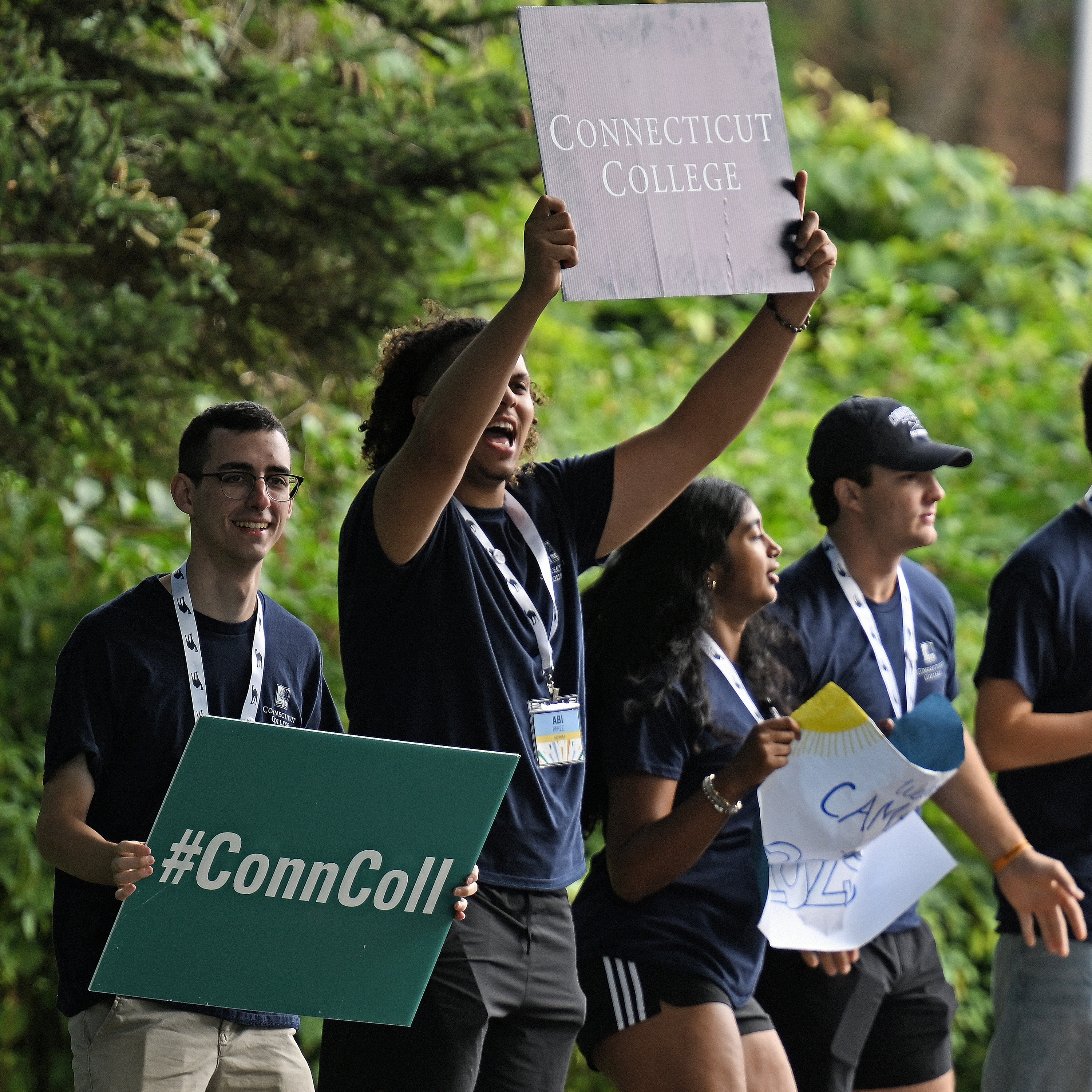
When apathy is more deadly than the pandemic
Professor of History Jim Downs writes in The Atlantic about mistakes the government has made during past pandemics.
From Civil War-era smallpox outbreaks to the emergence of AIDS in the 1980s, Professor of History Jim Downs examines the U.S. government’s failed responses to pandemics in a new article for The Atlantic.
In the piece, Downs points to a historical precedent that tends to expose discriminatory attitudes towards minority and marginalized communities.
“Once again, the threat a disease poses has been magnified by the slow speed with which the government has reacted,” Downs writes.
“And although this disease is not concentrated within any one community, it is poised to exacerbate existing inequalities. The lesson of past outbreaks of infectious diseases is that public officials must take them seriously, communicate honestly and tend to the most vulnerable. If the United States has not always lived up to that standard, we now have the perfect opportunity to apply the lessons of our past mistakes.”

